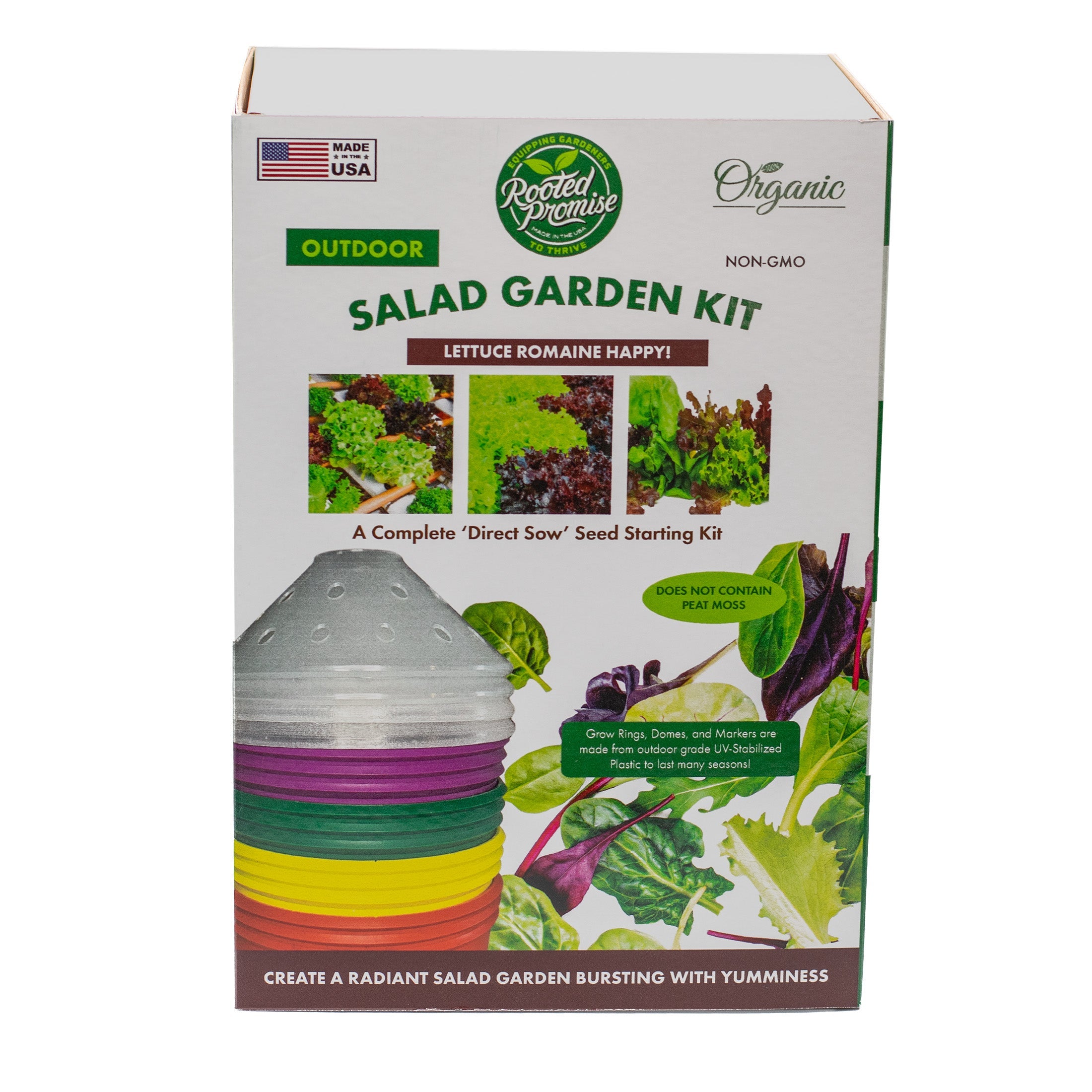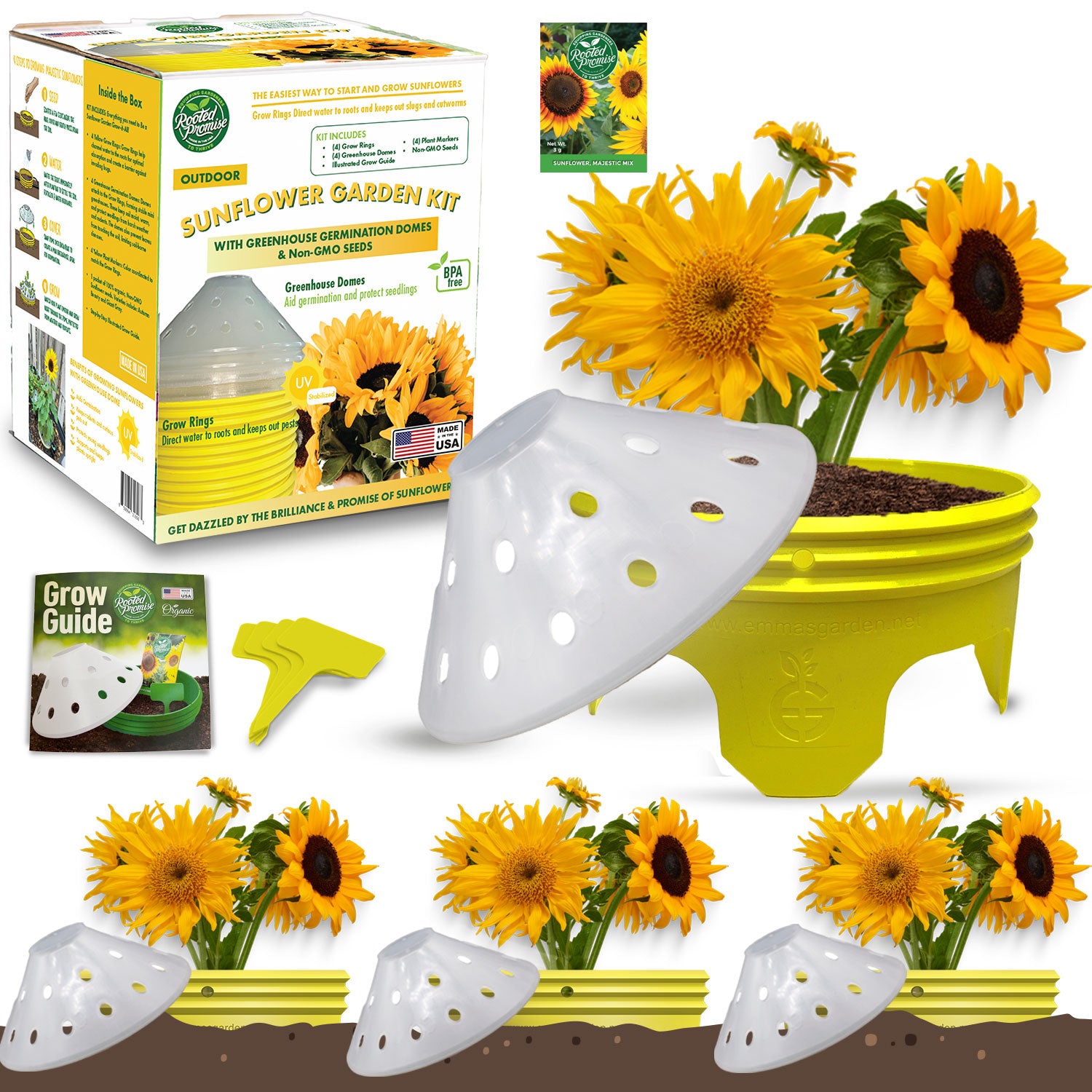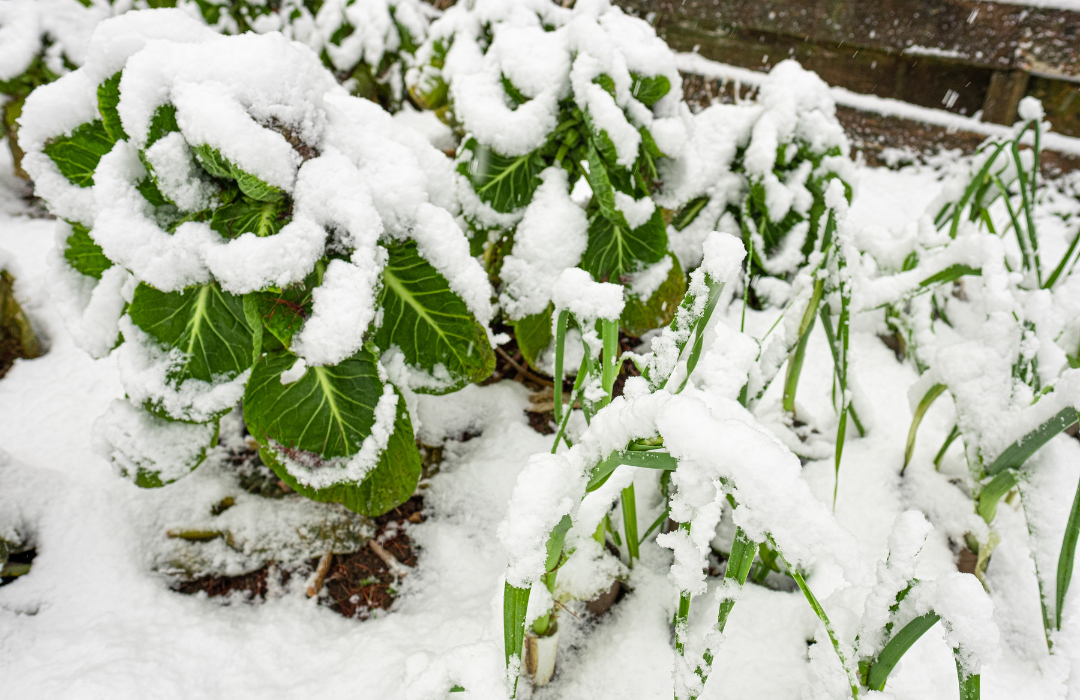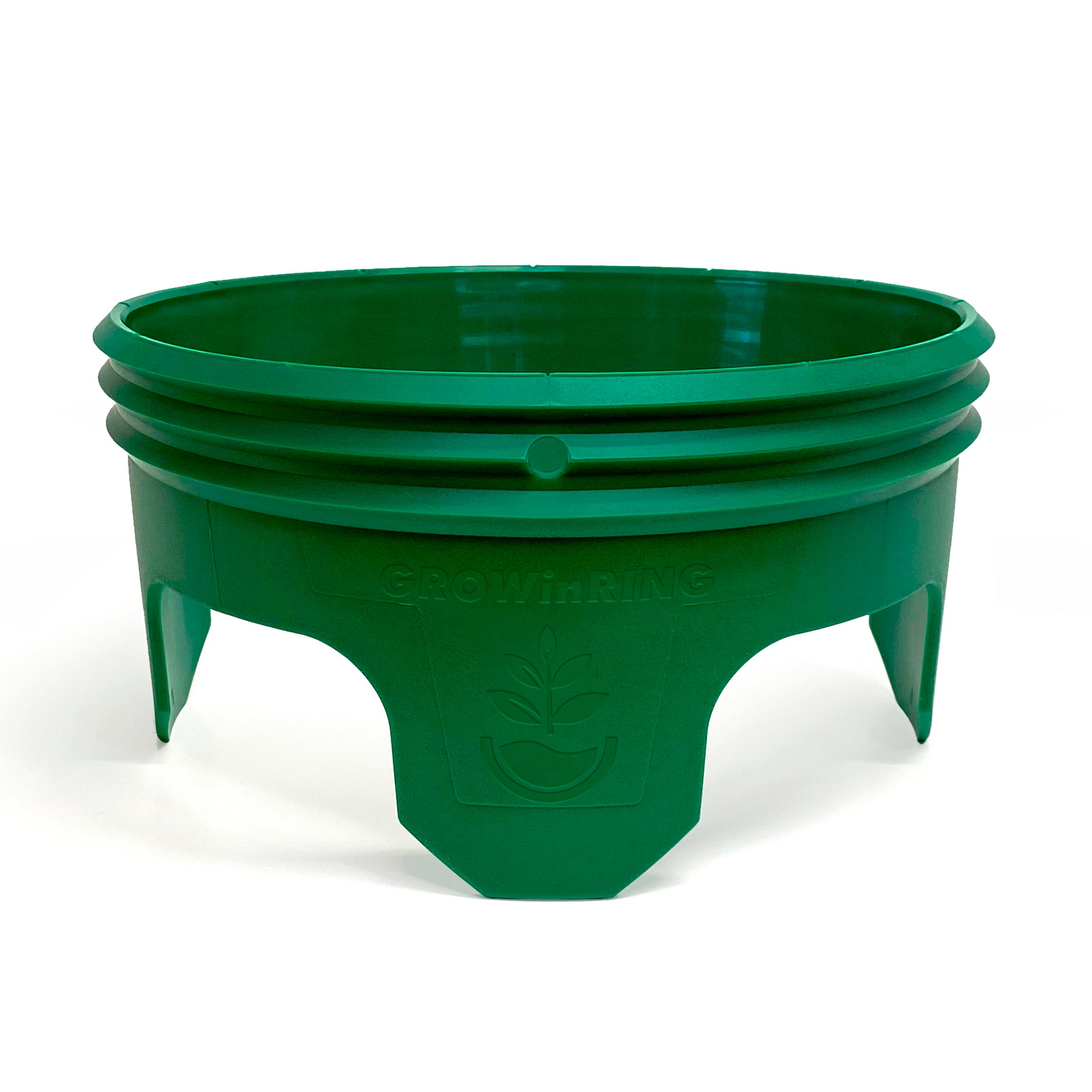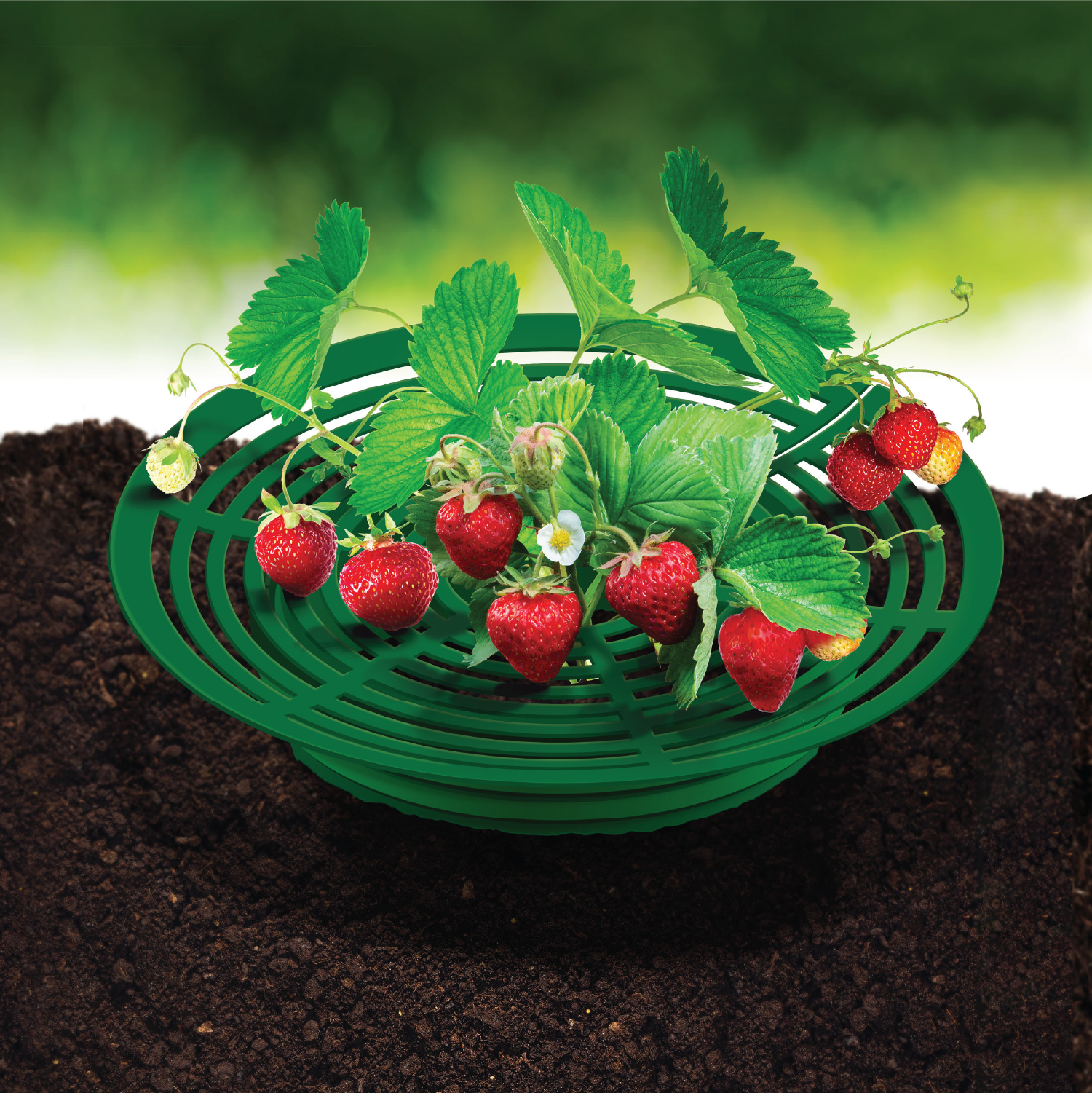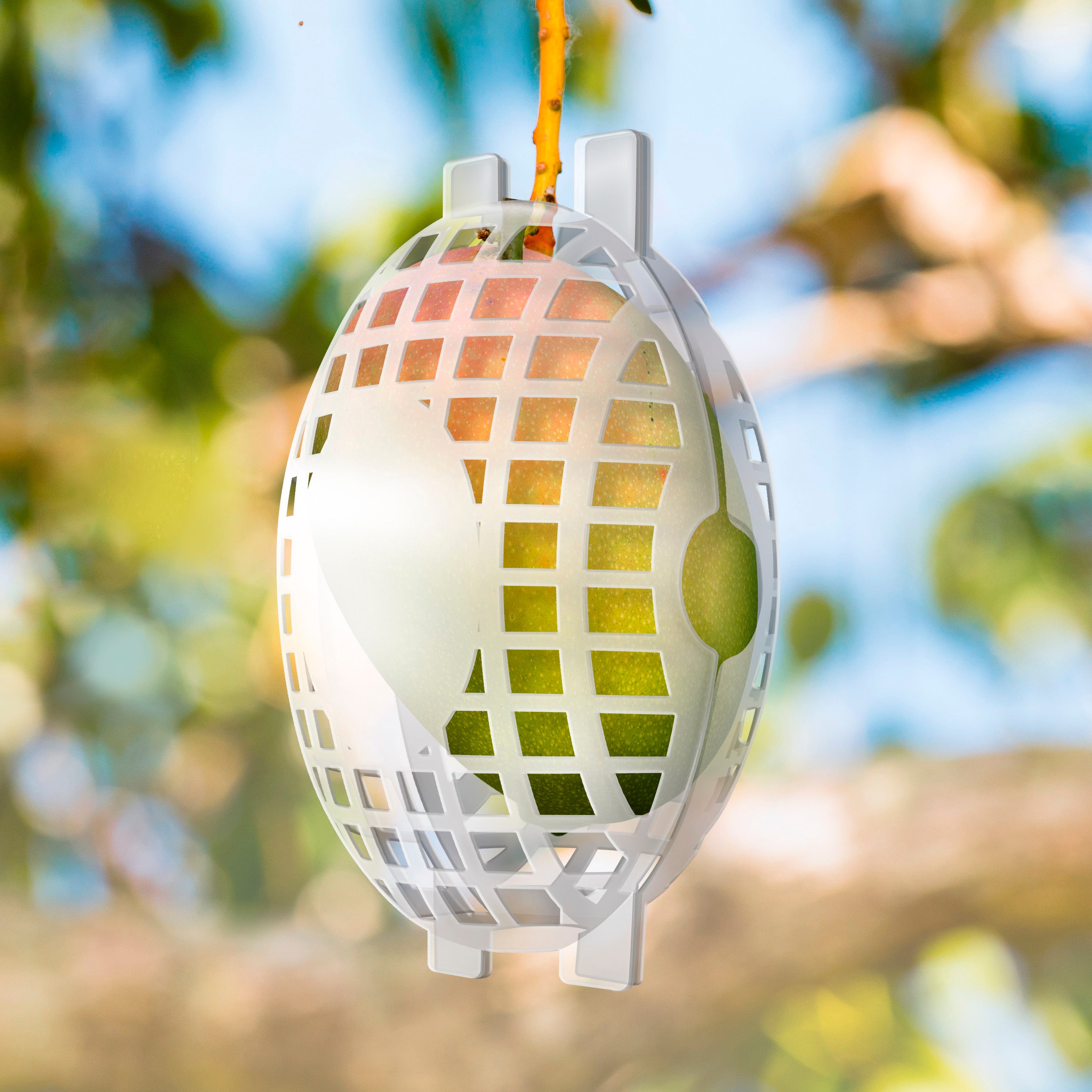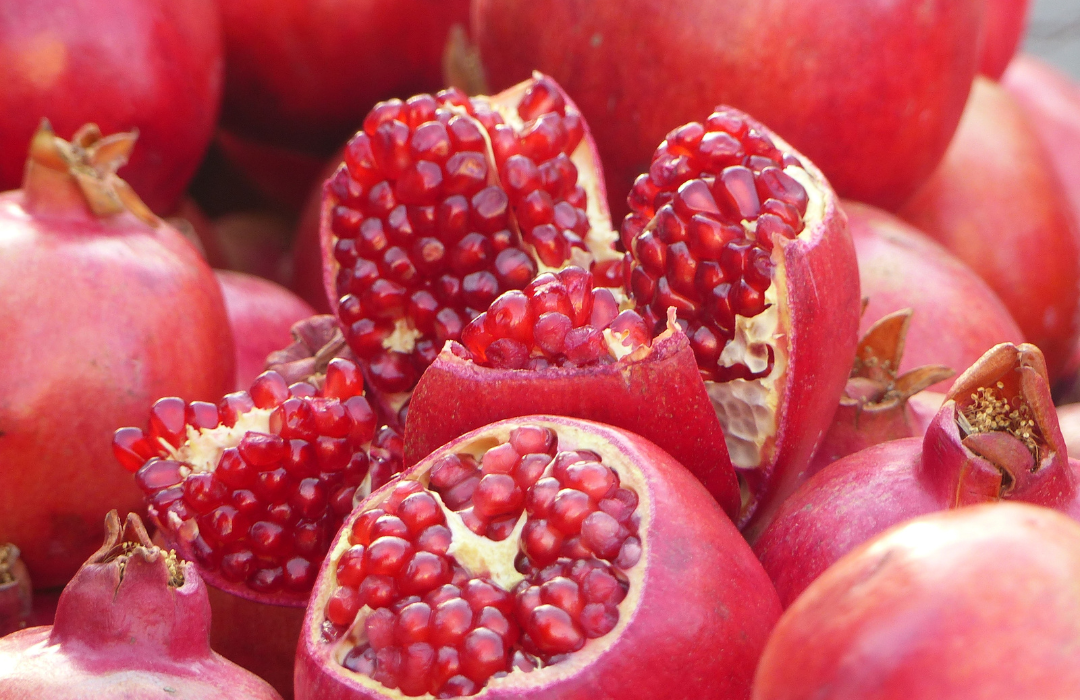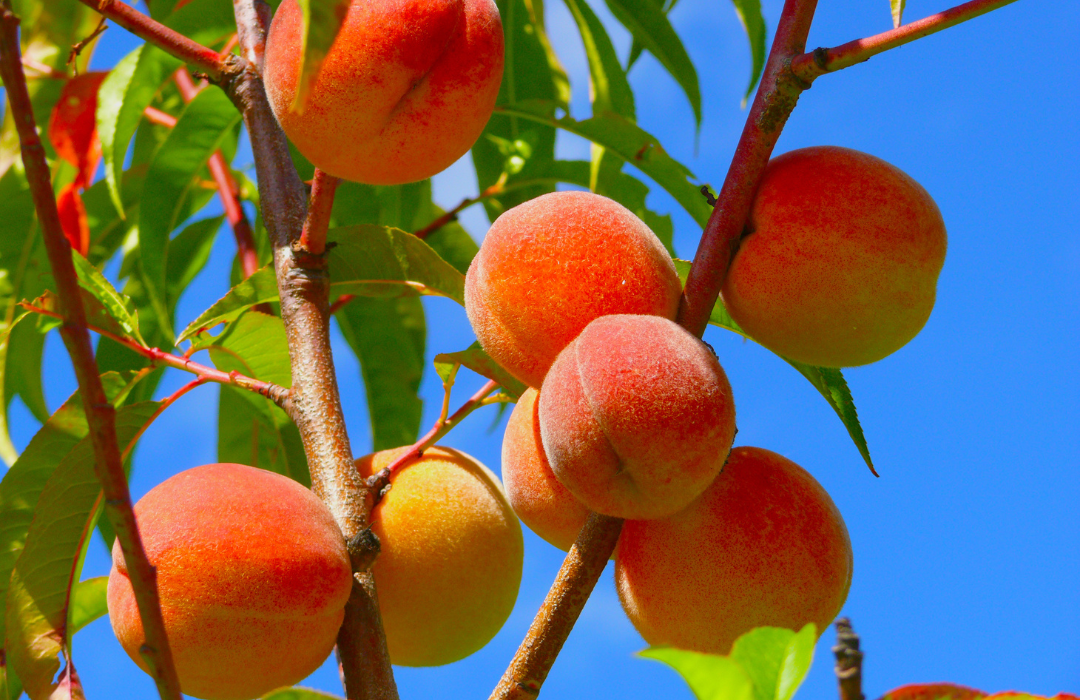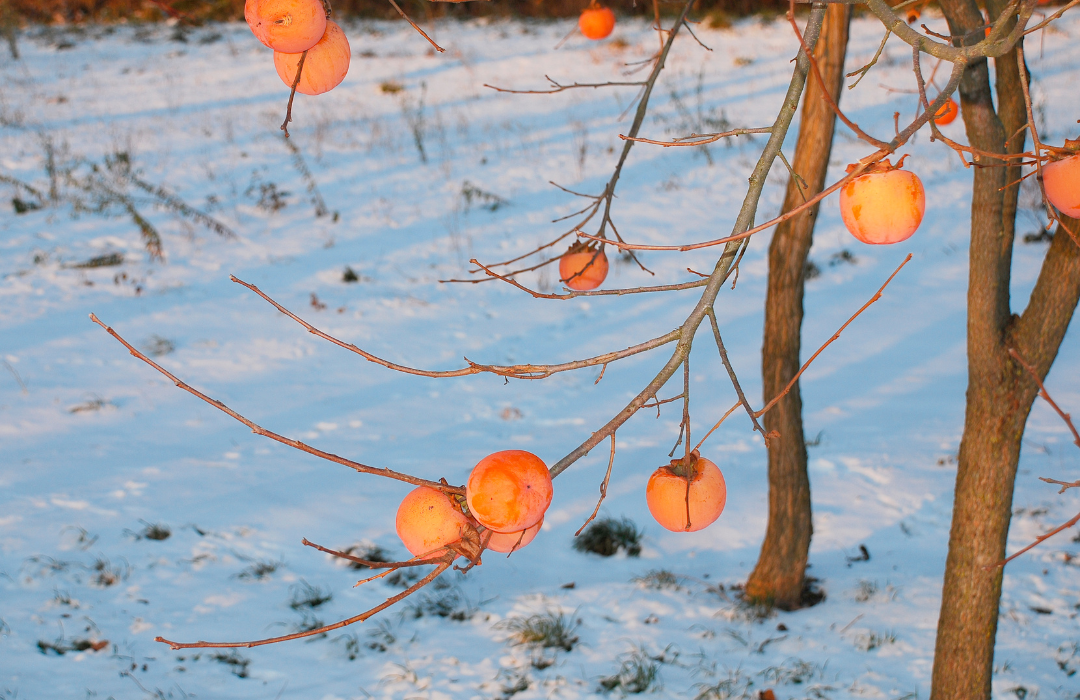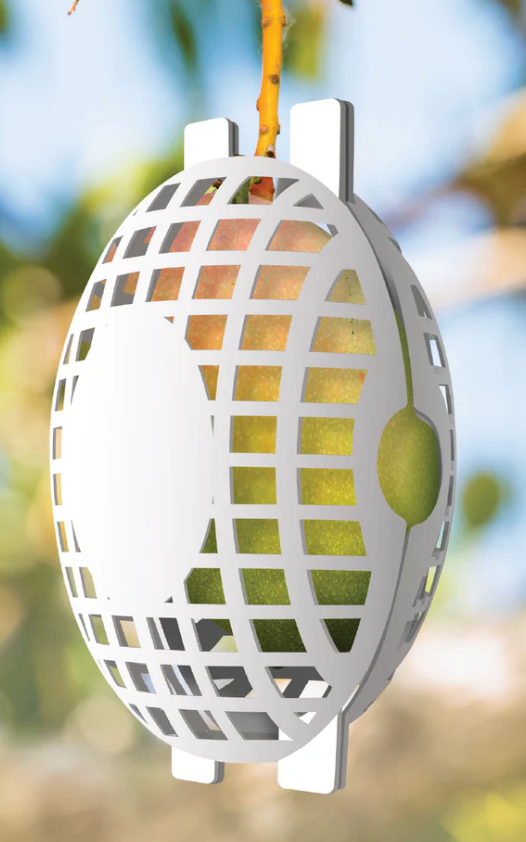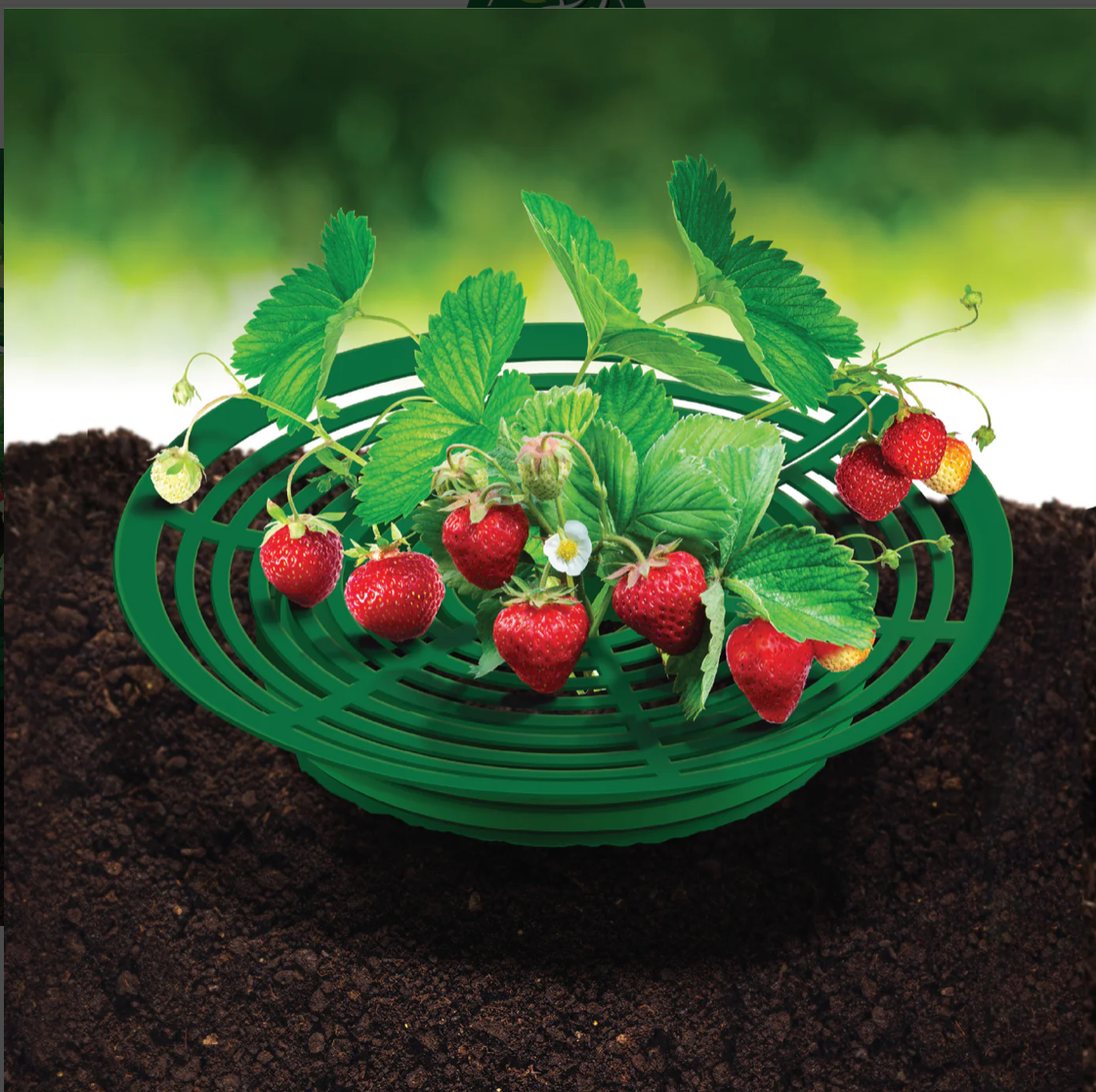Introduction
As the days get shorter and the chill of winter settles in, it’s tempting to let the garden slip into hibernation without much thought. But with a little preparation, you can turn this season into an opportunity to build a more sustainable, eco-friendly garden that supports local ecosystems.
By embracing sustainable winter practices like composting, mulching, and creating habitats for local wildlife, you’ll not only protect your garden but also provide a winter sanctuary for beneficial creatures.
Table of Content
- Composting: A Gift That Keeps Giving
- Mulching: Winter’s Cozy Blanket
- Supporting Local Wildlife: Welcoming Winter Visitors
- Planning for Spring with a Sustainable Mindset
- Conclusion: Embracing a Winter of Sustainability
Composting: A Gift That Keeps Giving
One of the simplest ways to practice sustainability in the winter garden is to keep composting. You might think compost piles are a summer-only activity, but they’re beneficial all year. Even as temperatures drop, decomposition continues beneath the surface. By adding your kitchen scraps—think vegetable peels, coffee grounds, and even eggshells—to your compost pile, you’re creating rich, organic matter that will be ready to nourish your plants come spring.
To help your compost pile through the colder months, try adding a layer of insulating material, like straw or leaves, to keep the pile warm. Or, if you’re short on space, consider a compost bin, which helps retain heat better than an open pile.
Winter composting doesn’t just provide future plant food; it also keeps waste out of landfills, making it a simple yet impactful sustainable practice.
Mulching: Winter’s Cozy Blanket
Mulch might just be your garden’s best friend in winter. As a protective layer spread over the soil, mulch insulates the ground, helps retain moisture, and prevents erosion. When cold winds blow and frost settles in, mulch acts like a cozy blanket, protecting your plants’ roots from the harshest conditions.
Organic mulch—such as wood chips, straw, or shredded leaves—breaks down over time, enriching the soil as it decomposes. It’s a sustainable choice that improves soil health, keeps weeds at bay, and reduces the need for frequent watering. Plus, if you have leftover autumn leaves, shredding and spreading them as mulch is a perfect way to recycle them.
Apply mulch around perennials, shrubs, and any other plants that need a little extra protection. Just be sure to leave some space around the base of each plant to prevent moisture from accumulating too close to the stems, which can invite rot.
Supporting Local Wildlife: Welcoming Winter Visitors
Winter can be a tough season for local wildlife, and even a small garden can become a valuable refuge. Building bird feeders is a simple, hands-on way to support feathered friends during the colder months. Fill feeders with seeds like sunflower or millet, which offer a rich source of energy for winter birds. To go a step further, consider a bird bath heater to keep fresh water available when temperatures dip below freezing.
Another way to support your local ecosystem is by planting native species that thrive in winter. Plants like winterberry, holly, and ornamental grasses offer food and shelter to birds and other wildlife. Native plants are well-adapted to your local climate and soil, meaning they require less water and maintenance, making them a sustainable choice for your garden.
If you have a few bare corners in your garden, you might even consider leaving some plants standing. Seed heads and stalks not only add interest to the winter landscape but also provide shelter and food for insects, birds, and small mammals.
Planning for Spring with a Sustainable Mindset
Winter is a wonderful time to dream up sustainable improvements for next year’s garden. Use the quiet season to research eco-friendly techniques like crop rotation, companion planting, and organic pest management. Consider creating a garden plan that includes more native plants or even a small wildflower meadow to attract pollinators.
Additionally, now’s the time to evaluate your garden tools and consider swapping out gas-powered equipment for electric or manual options, which produce fewer emissions and are better for both your health and the planet.
Conclusion: Embracing a Winter of Sustainability
Preparing your garden for winter doesn’t have to mean putting it to sleep. By composting, mulching, and creating a haven for local wildlife, you’re investing in a healthier, more sustainable garden that benefits both your plants and the environment. Winter is a season of rest and renewal, but it’s also a time to nurture the groundwork for the vibrant growth that lies ahead.
So, as the cold settles in, embrace this chance to deepen your garden’s roots in sustainability. With these practices, you’re not just winterizing your space—you’re contributing to a balanced, thriving ecosystem that will reward you year-round.

